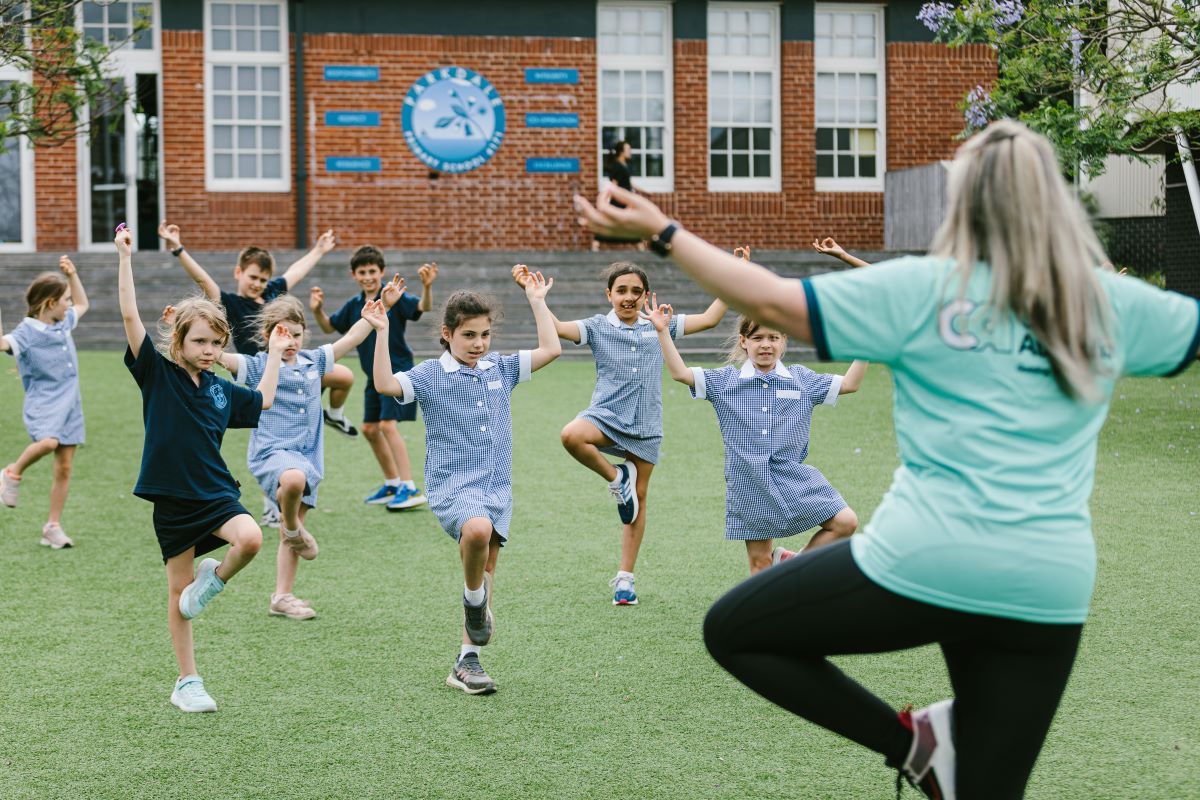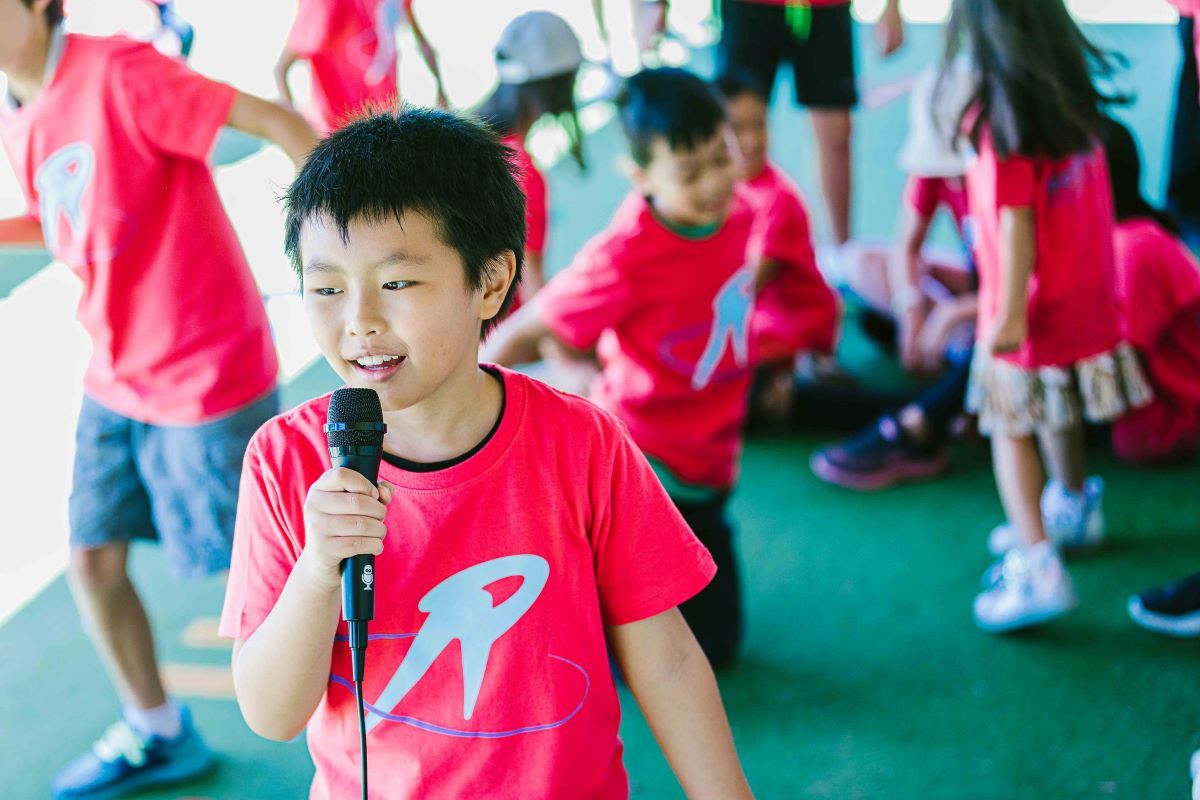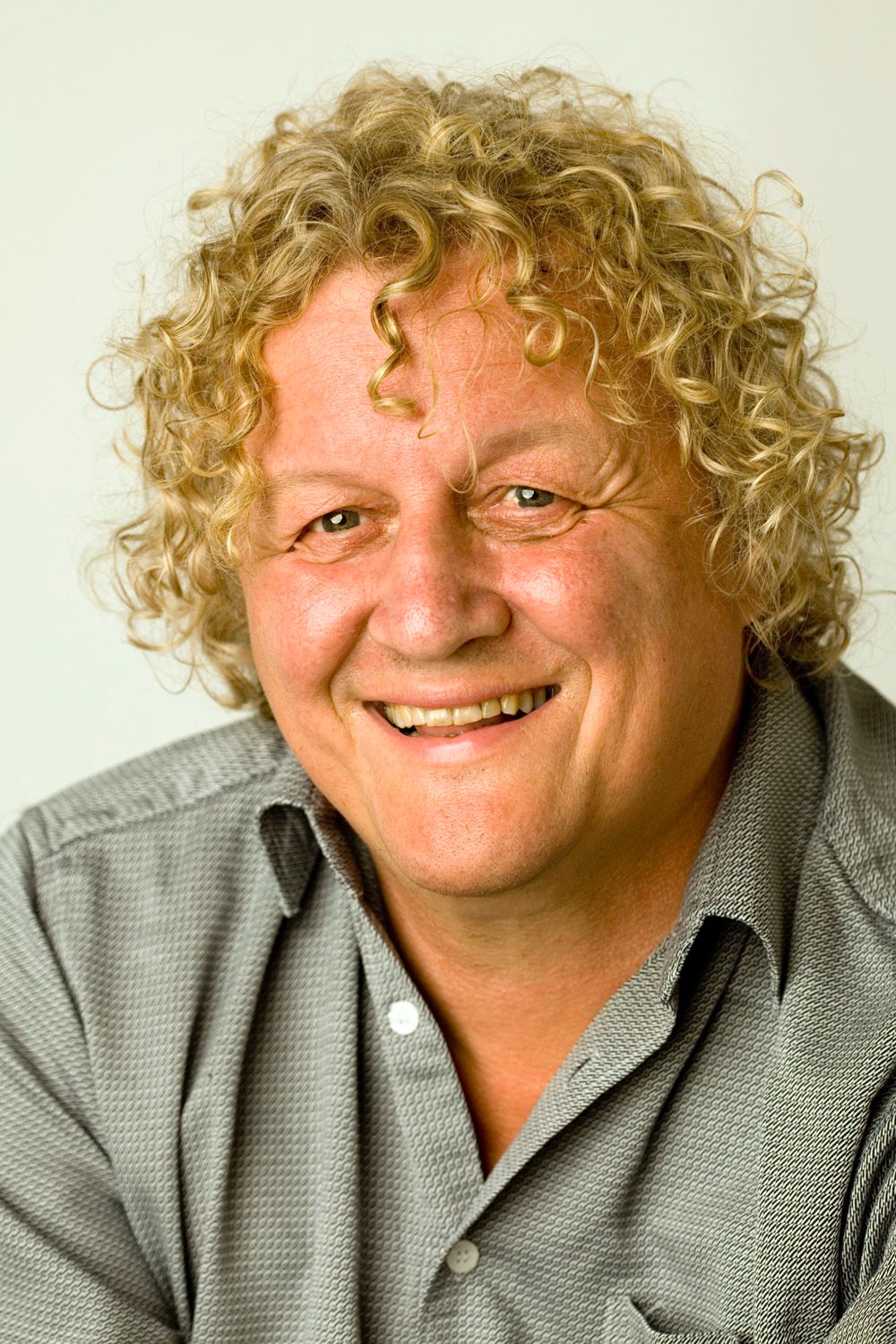News & Blog

Blog - 22 September 2021
How to Teach Kids About the Pandemic
Our country has a long history of overcoming viruses and keeping people well. A century ago, the influenza virus spread throughout the country but within a few years we had beaten in. Since then, we have had a series of viruses from polio to the swine flu and we beat those too. Right now, we are in a battle with the COVID -19 virus. It is a battle we will win but we are going to have to use our brains to do it so we know how to communicate effectively to our children.
In order to survive, a virus has to infect a person and then get passed from person to person. The effects of the pandemic can be reduced. The more protections we can all take - face masks, social distancing, vaccinations, handwashing- the harder it is for the virus to spread and the quicker we win the battle against it.
Too many children have missed birthday parties, sleepovers, catch-ups, play dates and family celebrations to think that they have not been affected by this virus. Add to that the amount of time most kids have missed in terms of classroom time and it adds up to a big disruption in their lives.
The three big effects of all of this on our children has been increased:
- Anxiety
- Hopelessness
- Helplessness
Our children will be protected from these three effects, the more the adults in their lives spend time building the antidotes. These are:
- Calmness
- Hopefulness
- Helpfulness
From Anxious to Calm with Dealing with the Effects of a Pandemic

Anxiety and calmness live just as much in our bodies as they do in our minds. Our communication skills can have an impact on children too. Move at the speed of need. This will vary. Some days you will be full of pep and energy, other days you may resemble a sloth on long-service leave.
If you have been in lockdown you may have felt like you are a bear in hibernation, tired and sleeping through the winter. There may be days when you feel exhausted and tired. Just as hibernation prepares bears for springtime and eating honey, it also tries to give you the energy for the good times ahead.
Live at your own rate. Complete a body audit. Where in your body do you feel strong? Where do you feel vulnerable? Where are you hurting? Listen to your body.
We hang on to our worries physically. It can affect our sleeping, our eating patterns and our mood.
While therapy with a skilled mental health professional undoubtedly helps in discussing the effects of a pandemic, there is also a lot you can do to process the issues. These include dancing, singing, swimming, surfing, skating, stretching, beating a drum, going for a walk, tai chi and yoga.
Communication Skills to Move From Hopeless to Hopeful
Turn down the volume
Dilute the things that stress out you and your children. Repeatedly exposing yourself to negative news and conversations can be traumatising. There are people who are ‘stress super-spreaders’ who will predict gloom and doom every time you see them. Try not to spend too much time with them. Realise that behind their stressful predictions is fear. These are people who try to make the world less scary for themselves by telling everyone else it is how bad things will be. Have at least certain times each week when you access and communicate positive news and discoveries to your children.
Know your enemy but don’t be defined by them
Enemies, whether they are difficult times or specific people, can teach us a lot. Look to the lessons you can take from this. They may be about taking better care of yourself, but they may also be lessons you learn about yourself.
Plan to increase your immunity and your wellbeing
In times like these, it is easy to see how people can lessen their wellbeing. Sleeping well, eating well, laughing well, moving well and linking well with others goes a long way to keep your wellbeing humming along.
As much as possible, do something each day that you would normally do if you were feeling hopeful and calm.
You can’t build on what is broken
Find your own strengths and the strengths of others. Completing the life map in ‘Your Best life at Any Age’ is one way to begin to reflect on these and to use them to create resilience at different stages of life. Completing the analysis at www.mylearningstrengths.com may also be of benefit.
Create Beauty
Beauty is an antidote to hopelessness. It lurks in the small details of life: the smile from a stranger, the wag of a dog’s tail or a sunny morning. Search for these details and also intentionally create more beauty in your world for others to discover. Cherish what you can.
From Helpless to Helpful
It has been a hard year but let’s not make it any harder than it needs to be. We tend to tell ourselves one story and make all the facts confirm that position.
Is there a more helpful story we can use?
For example, are we seeing around us examples of great caring and bravery, of times when people co-operate rather than be in conflict with each other? Have we beaten enemies and challenges in the past? Can we beat them again? Our history is full of awful times - holocaust, tsunami, pandemics, wars - that people have been able to live through and recover from.
If we just obsess on what is dreadful, it can be hard to shake off. Even worse we can become compliant victims rather than actively contributing to a better world. Be a gatherer of possibilities rather than a passive acceptor of dire outcomes.
The fine art of time travelling
It can be useful to think about and plan for, different horizons: 3 months, 6 months, 12 months and maybe even five years from now. Time travel - what would you like to say looking back on this in five years’ time? Let’s start a conversation with our children about the future they would like to live in. Kids are smart and they will come up with ideas that you and I have never even dreamed of.
Educators in Outside School Hours Care are there to support children and families during the COVID-19 period. For more information, please visit https://campaustralia.com.au/your-oshc.

Andrew is a Hon. Fellow at the University of Melbourne and has been a scientific consultant for the ABC. He is an ambassador for Adolescent Success and the Lion’s Wellbeing.
He has also been a principal consultant to the Dept. Education START, resilience and Bully Stoppers initiatives and the national drug prevention strategy REDI and is a regular presenter on Radio National.
Andrew’s research on learning strengths takes the research on resilience and positive education back into the classroom where it can make the most difference.
His most recent books include ‘The A to Z of Feelings’, ‘Tricky Behaviours’, 'Your Best Life at Any Age, and 'Neuro-developmental Differentiation - Optimising Brain Systems to Maximise Learning'.
Posted in:
